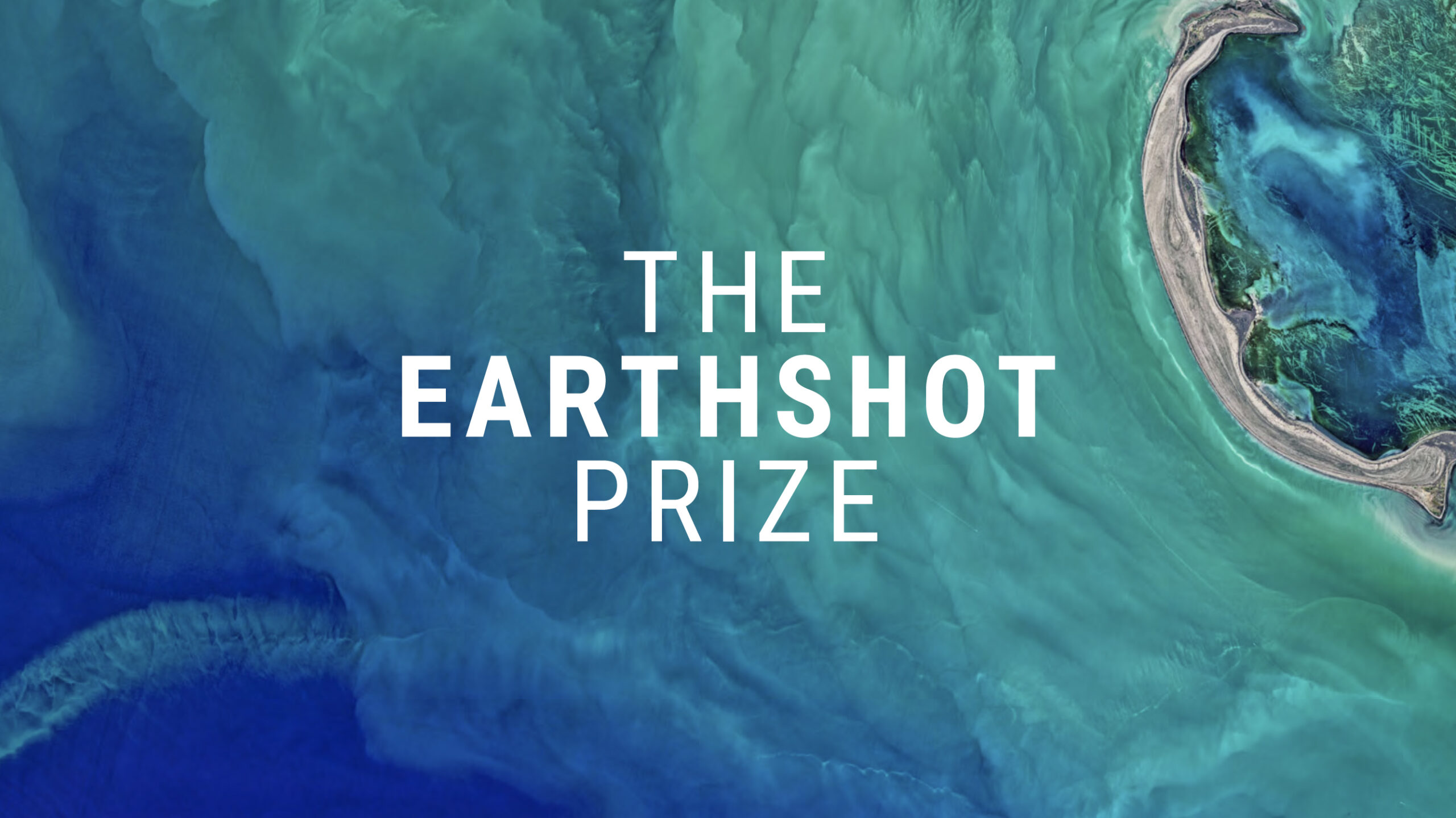The Earthshot Prize revealed the The 2022 Earthshot Prize winners were revealed last week. The entrepreneurs and innovators were awarded a £1 million prize each at the second-annual Earthshot Prize awards.
Following a rigorous selection process focused on identifying the most inspirational, impactful, and inclusive solutions, the five 2022 winners are:
Clean our Air: Mukuru Clean Stoves, Kenya. A start-up providing cleaner-burning stoves to women in Kenya to reduce unhealthy indoor pollution and provide a safer way to cook. Rather than burning dangerous solid fuels, Mukuru Clean Stoves use processed biomass made from charcoal, wood and sugarcane. This burns cleaner, creating 90% less pollution than an open fire and 70% less than a traditional cookstove. They are cheaper as well, costing just $10 and halving ongoing fuel costs. Founder Magayi plans to create an even cleaner stove that burns ethanol. In three years, she hopes to reach one million customers. In ten years, she plans to reach ten million people all over Africa.
Protect and Restore Nature: Kheyti, India. A pioneering solution for local smallholder farmers to reduce costs, increase yields and protect livelihoods in a country on the frontlines of climate change. The startup developed a simple solution that is already having a considerable impact: Greenhouse-in-a-Box. It’s designed for small-hold farmers and the crops they grow, offering shelter from unpredictable elements and destructive pests. Plants in the greenhouse require 98% less water than those outdoors and yields are seven-times higher. Today, 1,000 farms have a Kheyti greenhouse, but this is just the start. By 2027, Kheyti wants 50,000 farmers to have a Greenhouse-in-a-Box.
Revive our Oceans: Indigenous Women of the Great Barrier Reef, Australia. A women-led program that combines 60,000 years of indigenous knowledge with digital technologies to protect land and sea. The programme has trained over 60 women, encouraging new conservation approaches by sharing knowledge and telling stories. Members of the network have gone on to find work as rangers in Queensland or in conservation elsewhere. Their work is vital. The data they have collected has given us critical insight into one of the most important ecosystems on the planet. As custodians of the land, the rangers have also protected sites of great cultural and spiritual significance. With greater support, indigenous women rangers could span the planet, helping to repair ecosystems from Hawaii to Nepal and Tanzania.
Build a Waste-free World: Notpla, United Kingdom. A circular solution creating an alternative to plastic packaging from seaweed. Just 9% of all the plastic ever produced has been recycled and 12% has been incinerated. The rest lies in landfills or has been dumped into the oceans. Notpla is an alternative to plastic made from seaweed and plants. It is natural and entirely biodegradable, and can be used to create a range of packaging products, such as a bubble to hold liquids, a coating for food containers, and a paper for the cosmetic and fashion industry. Seaweed farmed for its production captures carbon twenty-times faster than trees, addressing one of the key causes of the climate crisis. The packaging itself means less plastic clogging our seas, reducing ocean waste. Meanwhile, farms boost fish population and seaweed farming creates new opportunities for fishing communities.
Fix our Climate: 44.01, Oman. An innovative technique to turn CO2 into rock, and permanently store it underground. 44.01’s first project will mineralise 1,000 tonnes of locally-captured CO2 every year until 2024. The company aims soon to expand its operations internationally, enabling local mineralisation without requiring costly CO2 transportation. 44.01’s goal is to have mineralised 1bn tonnes of CO2 by 2040. Named after the molecular weight of carbon dioxide, 44.01 removes CO2 permanently by mineralising it in peridotite, a rock found in abundance in Oman as well as in America, Europe, Asia and Australasia. Peridotite mineralisation is a natural process, but in nature it can take many years to mineralise even a small amount of CO2. 44.01 accelerates the process by pumping carbonated water into seams of peridotite deep underground.






